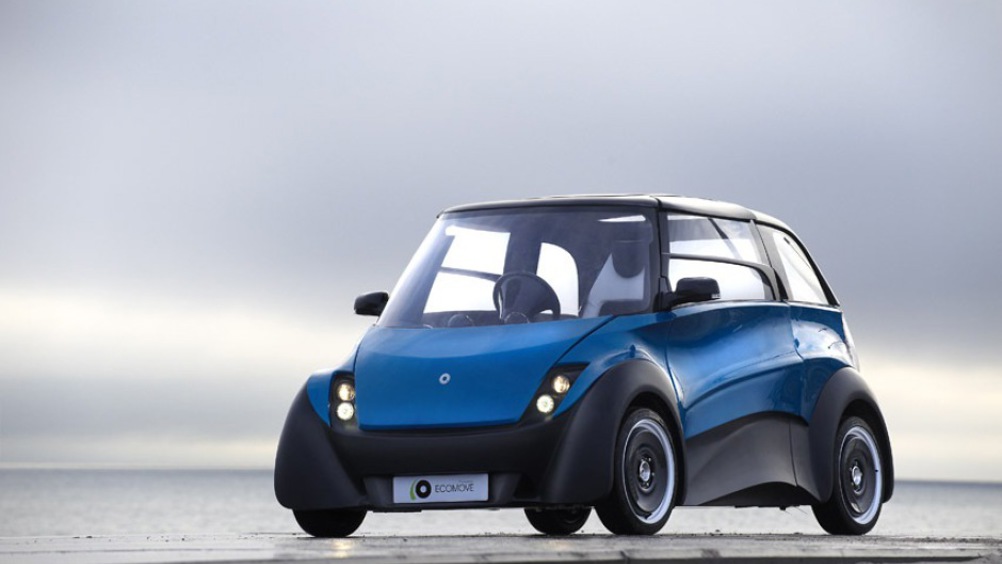Company shows lightweight material for electric vehicles
A Danish company has demonstrated that a new lightweight material can help electric vehicles increase their range.

ECOMove’s 400kg QBEAK electric vehicle concept has utilised a new composite material to help it achieve a 300km battery range, almost twice that of other electric vehicles.
The chassis of the QBEAK design was developed by UK-based chassis technology company Inrekor, which claims it can reduce the weight of core vehicle structures by 30 per cent.
Inrekor’s composite chassis consists of two aluminium sheets separated by a layer of ARPRO; a lightweight material already used in certain automotive applications.
‘One of the standard uses of ARPRO in the automotive industry is impact protection,’ said Gary Carr, marketing and communications manager at JSP, which develops and produces ARPRO. ‘So it’s used in places such as the core of bumpers and inside impact panels.
‘It deforms but then reaches a point where it reforms its shape naturally so it’s like a very tough balloon if you like. It’s very good at absorbing energy.’
Carr explained that ARPRO also has desirable insulating properties that can minimise energy usage for heating and air conditioning; further prolonging battery life. In addition, the ARPRO core can improve the driving experience by reducing noise, vibration and harshness.
Register now to continue reading
Thanks for visiting The Engineer. You’ve now reached your monthly limit of news stories. Register for free to unlock unlimited access to all of our news coverage, as well as premium content including opinion, in-depth features and special reports.
Benefits of registering
-
In-depth insights and coverage of key emerging trends
-
Unrestricted access to special reports throughout the year
-
Daily technology news delivered straight to your inbox










Water Sector Talent Exodus Could Cripple The Sector
Maybe if things are essential for the running of a country and we want to pay a fair price we should be running these utilities on a not for profit...